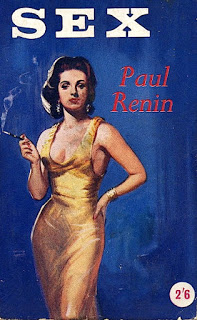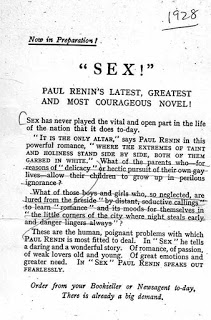 For critics I care the five hundred thousandth part of the tithe of a half farthing.
For critics I care the five hundred thousandth part of the tithe of a half farthing.
Charles Lamb.
A good writer isn’t per se a good critic anymore than a good drunk is automatically a good bartender
Jim Bishop
A great deal of contemporary criticism reads to me like a man saying, “ Of course I do not like green cheese; I am very fond of brown sherry.”’
- K. Chesterton
I never read a book before reviewing it. It prejudices me so.
Sydney Smith
There’s only one thing to do with critics: bathe them in hot tar. If I listened to them I’d have been in the madhouse years ago.
Brendan Behan (above)
Unless the bastards have the courage to give you unqualified praise, I say ignore them.
John Steinbeck
Writers’ ripostes.
Denise Robins
Once told Barbara Cartland she had written 87 books. ‘That’s nothing’, Cartland replied, ‘ I’ve written 145.’ ‘I see’, said Robins, one a year’.
Dorothy Parker
When a woman she didn’t like said, ‘ I can’t bear fools,’ Parker replied, ‘ Apparently, your mother didn’t have the same difficulty’.
Gore Vidal.
After he had heard that Truman Capote had died, remarked, ‘Good career move’.
Noel Coward
When an intellectually challenged actor had blown his brains out he said, ‘ He must have been an incredibly good shot’.
Samuel Beckett.
During his teaching days in Belfast the headmaster told him that his pupils were ‘the cream of Ulster’. Yes, rich and thick!’ he replied.
Dame Edith Evans
When informed that Nancy Mitford was staying at a friend’s house to finish a book, she said, ‘Really? So what’s she reading?’
Sexist remarks from authors.
Norman Mailer
In a speech in Berkeley California in 1972, he made a comment that hardly endeared him to the women’s movement: ‘ A little bit of rape is good for a man’s soul’. Continue reading





